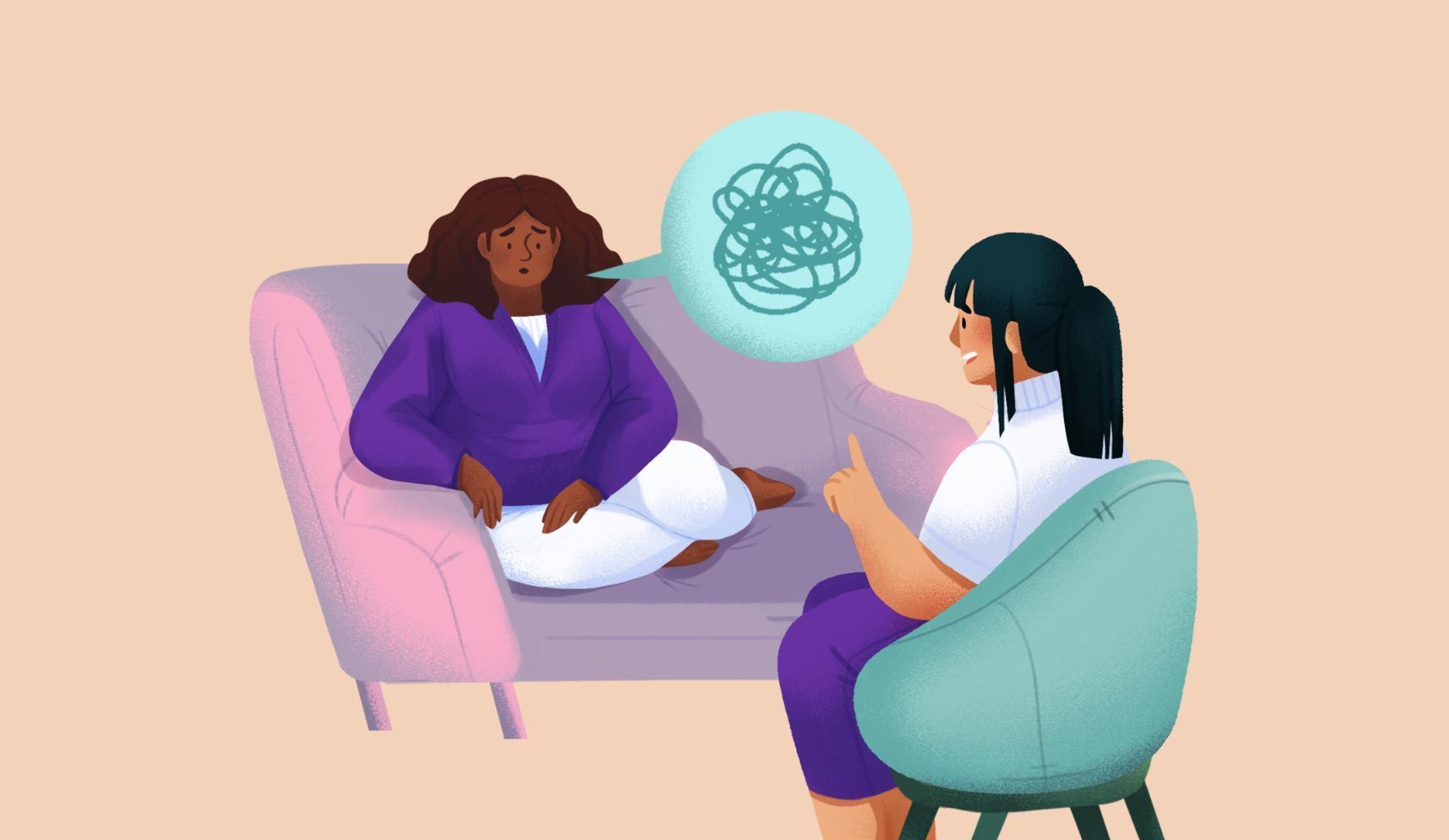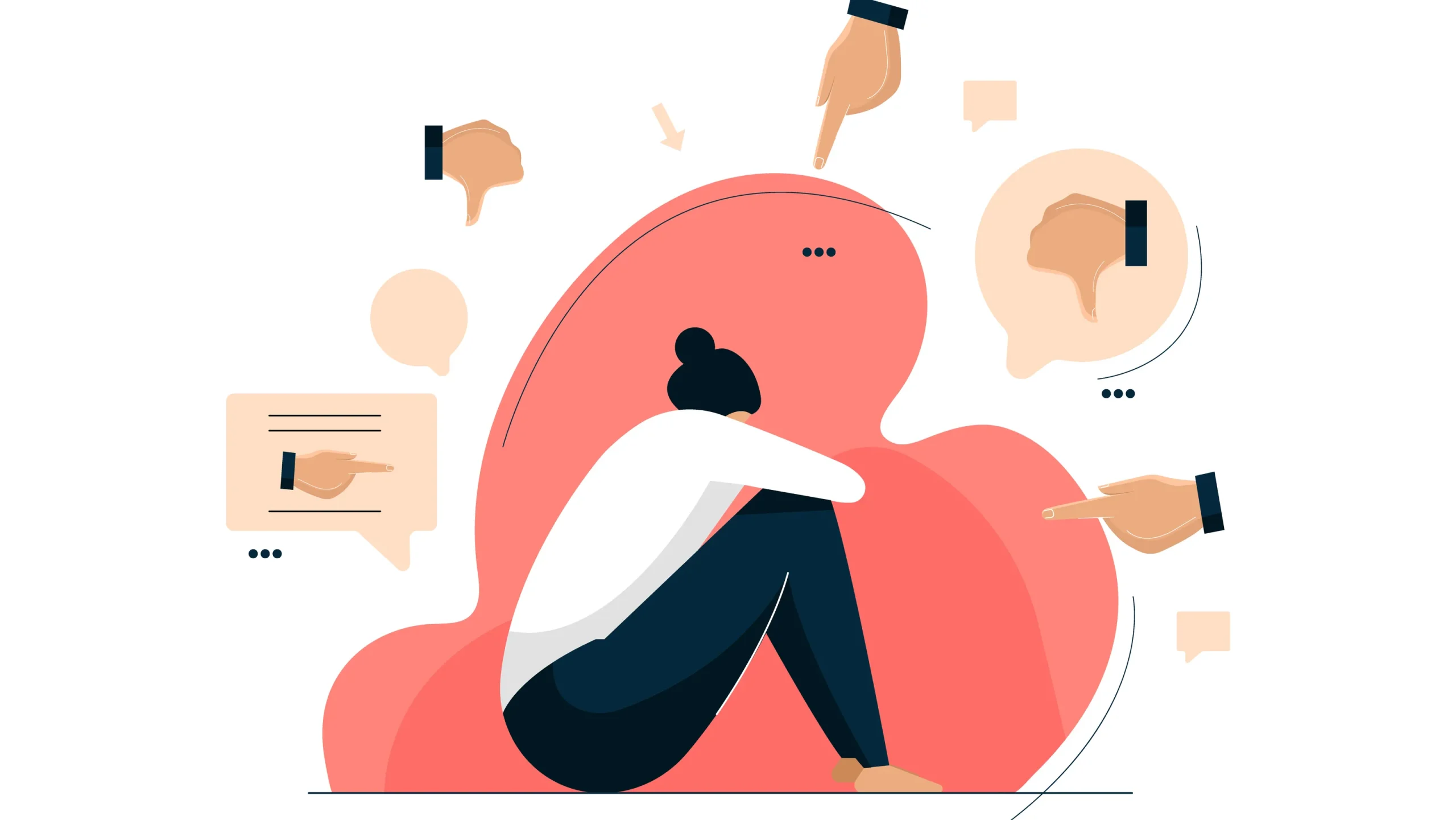Knowing the treatments available is beneficial for people with depression, anxiety, and other mental health issues. Among the many are psychodynamic therapy and young adult therapy. These are well-established forms of talk therapy designed to help one find relief from emotional or mental stress.
The theory behind it is that the current difficulties faced by a person are linked to unresolved conflicts from the past, i.e., childhood, and that it is necessary to uncover its unresolved cause to alleviate sufferings in the present. We talk more about this type of mental health treatment and teen therapy below.
What Is Psychodynamic Therapy?
In psychodynamic therapy, a therapist examines an individual’s past and current relationships to have a better understanding of their problems, emotional patterns, and defense mechanisms. The psychodynamic theory stems from the concepts formulated by Sigmund Freud, the grandfather of psychoanalysis, in 1901.
During treatment, he or she will explore a person’s thoughts, emotions, beliefs, and early life experiences to get to the root of a person’s emotional pain. The therapist will foster a trusting therapist-patient relationship, also known as therapeutic alliance, which will ease the process of self-reflection and self-examination—the cornerstones of psychodynamic therapy.
Types of Psychodynamic Therapy
There are three types of psychodynamic therapy, and all come with advantages for individuals, couples, families, and groups:
Brief Psychodynamic Therapy
This type of therapy takes place over a single or a few sessions. It is conducted with individuals struggling with a particular problem and just need to make a few important connections to get through it.
Examples of cases that brief psychodynamic therapy can be used as intervention are:
- Divorce
- Rape or any form of sexual assault
- Accident
- Act of terrorism
- Work-related anxiety or depression
- Pent-up relationship stress
Psychodynamic Family Therapy
This type of psychodynamic therapy is conducted within a family setting. It is relatively long-term and used to address chronic family problems or traumatic family events so the clients can lead healthy and happy family dynamics.
Psychodynamic Art and/or Music Therapy
This form of psychodynamic therapy is unstructured and non-directive, allowing the patient to take control of the session. It is recommended to people who have social anxiety, are shy, or are struggling to speak.
Advantages of Psychodynamic Therapy
This Freudian psychoanalytic theory-guided treatment helps an individual to find meaning in life and strengthen personal relationships. It does so without the need for advice, but instead, through a better understanding of one’s self.
Psychodynamic therapy is also a complementary element in treatment plans involving prescription medications. It strengthens the pillars of the management program for the most common mental health conditions, namely:
- Depression
- Anxiety
- Panic disorder
- Post-traumatic stress disorder (PTSD)
- Addiction
- Borderline personality disorder
- Prolonged or debilitating stress
What to Expect on Your First Psychodynamic Therapy Session
When you begin psychodynamic counseling, you will see a therapist several times a week for several months. Each session will be around 45 to 50 minutes.
For the initial session, your therapist will assess you for a clinical diagnosis using your symptoms and issues. The evaluation will be based on the Diagnostic and Statistical Manual of Mental Disorders (DSM-5). This is referred to as the clinical psychologist’s Holy Bible and serves as a framework for evaluating a client’s behavior in therapy.
The assessment process will also collect personal information like:
- Life history
- Relationships
- Traumas
- Addiction or substance abuse
- Strengths
- Weaknesses
- Accomplishments
- Failures
Once the assessment is complete, the usual therapy session begins. As you go along, the treatment approach will be developed or changed. In each session, your therapist is tasked to create an environment conducive to openly sharing feelings, thoughts, and experiences.
He or she will use one or a combination of the following techniques to help you through:
- Rorschach Inkblots – a psychological test in which a patient’s interpretations of inkblots are analyzed to examine personality and emotional functioning.
- Freudian slips – analysis of instances when a patient means to say one thing but accidentally let another with a deeper meaning.
- Free association – asking the patient to provide immediate associated answers to a set of words.
- Dream analysis – discussion of the patient’s dreams and fantasies in detail.
Counseling sessions with your therapist can cover any topic. It may be your fantasies and dreams so he or she can examine and understand their meaning. Your therapist can also help you explore old memories to unveil unconscious drives and defense mechanisms.
The goal is to have you come to terms with your issues, healthily resolve them, and manage your responses to the triggers.
Adolescent and Young Adult Therapy
Psychodynamic therapy and young adult therapy are useful in identifying unexpressed or repressed emotions in teens. Traumas and emotional conflicts can hinder healthy psychological growth. They can also impede a young adult’s ability to develop adaptive coping methods and form healthy relationships.
A young adult therapist carries a huge responsibility to establish trust with the client. The therapy sessions should focus on creating a safe place for a teen to freely express thoughts and release pent-up distress. The end goal is to promote psychological development and boost self-esteem.
Advantages of Psychodynamic Therapy for Young Adults
Psychodynamic therapy can help a teenager manage issues on:
- Peer pressure
- Self-image
- Sexual development
- Social development
- Family
- Life-changing plans for the future
- Friendships and romantic relationships
- Societal expectations
- Establishment of self-identity
- Selection of personal values
How Do I Start Psychodynamic Therapy?
To get started on your healing journey, you need to find the right therapist. Look for one who specializes and is licensed in psychodynamic therapy and psychoanalysis.
Clinical psychologists at Keil Psych Group are active and involved therapists who prioritize the insight and growth of clients. We pride ourselves on providing the best possible mental health care for clients in Newport Beach.
Our areas of expertise include anxiety, depression, PTSD, addiction, grief and loss, stress management, teens and young adults matters, and relationship issues.
Schedule an appointment by using our online booking feature if you’re a new patient and prefer the initial consultation in written form or contact us at 714-334-5497 at Keil Psych Group today!





